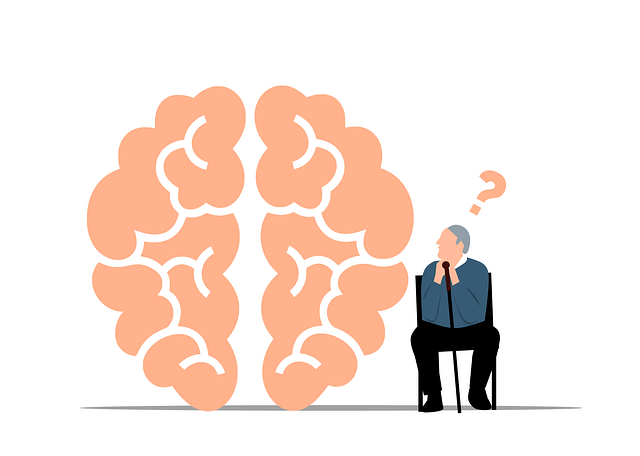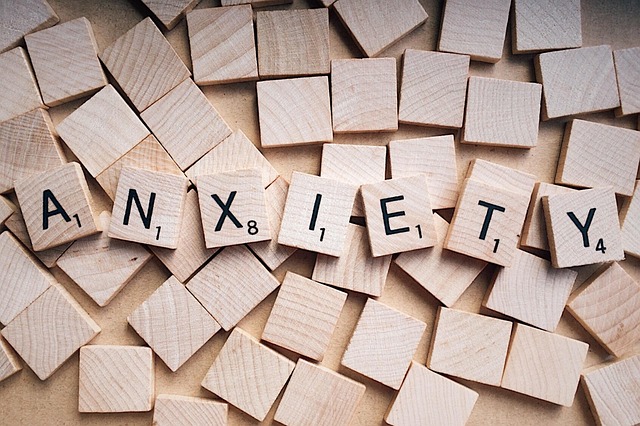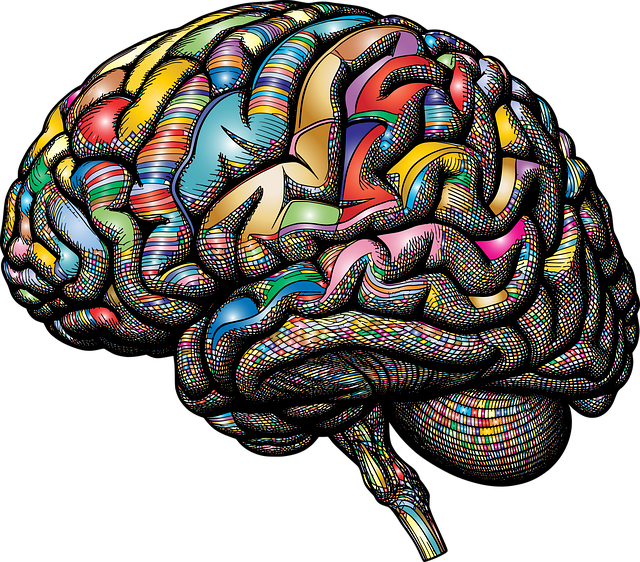Boulder Play Therapy highlights the critical importance of cultural competency in healthcare, addressing biases that can lead to worse outcomes for minority patients. By integrating diverse cultural practices and communication styles, healthcare professionals create inclusive environments, improve patient care, and build stronger relationships. Boulder Play Therapy's innovative approach leverages play as a tool for healing and resilience-building across cultures, bridging gaps and reducing stigma, especially beneficial for communities of color and those with sensory sensitivities. Structured training programs, like Trauma Support Services and Stress Management Workshops, equip providers with adaptive skills, enhancing holistic care delivery. Evaluating the impact requires both quantitative (attitudes, knowledge) and qualitative methods to ensure systemic shifts towards equitable healthcare.
In today’s diverse healthcare landscape, cultural competency is no longer an option but a necessity. This article explores strategies to enhance patient care through training programs that address biases and promote understanding. We delve into innovative methods like Boulder Play Therapy, a unique approach for bridging cultural gaps. Additionally, we discuss training strategies, measuring effectiveness, and the profound impact of cultural sensitivity on patient outcomes.
- Understanding Cultural Competency in Healthcare: A Necessary Approach
- The Impact of Cultural Biases on Patient Care and Outcomes
- Boulder Play Therapy: A Unique Method for Bridging Cultural Gaps
- Training Strategies to Enhance Cultural Sensitivity among Providers
- Measuring and Evaluating the Effectiveness of Cultural Competency Programs
Understanding Cultural Competency in Healthcare: A Necessary Approach

In today’s diverse healthcare landscape, cultural competency has emerged as a vital component of quality patient care. This concept goes beyond treating symptoms; it involves understanding and respecting the cultural contexts in which patients live and seek treatment. Boulder Play Therapy, for instance, recognizes that individuals’ cultural backgrounds significantly shape their emotional healing processes and interactions with healthcare providers. By embracing cultural competency, healthcare professionals can create inclusive environments, improve patient outcomes, and foster stronger relationships.
Navigating different cultures requires more than just basic knowledge; it demands a willingness to learn and adapt. Healthcare provider training should include education on various ethnic and cultural practices, beliefs, and communication styles. This approach enables providers to offer sensitive and effective care, especially when addressing issues like depression prevention or facilitating social skills training. Such initiatives ensure that patients from diverse backgrounds feel heard, understood, and supported throughout their emotional healing journeys.
The Impact of Cultural Biases on Patient Care and Outcomes

Cultural biases among healthcare providers can significantly impact patient care and outcomes, especially in diverse communities. Unconscious stereotypes or generalizations about specific ethnic, racial, cultural, or religious groups can lead to misdiagnoses, improper treatment plans, and a lack of empathy. For instance, a study published in the Journal of Cultural Competence in Healthcare revealed that healthcare providers’ biases often result in worse health outcomes for minority patients, including higher mortality rates. This is particularly concerning in fields like play therapy, where establishing trust and rapport with children from various backgrounds is essential.
In Boulder, where there is a growing diversity in the population, addressing cultural biases through comprehensive training programs is crucial. Play therapy practitioners must be equipped with the skills to navigate complex cultural dynamics and provide sensitive care. This involves learning about different cultural practices, beliefs, and communication styles to foster empathy, improve patient-provider relationships, and ultimately enhance therapeutic outcomes. Incorporating strategies such as those outlined in the Mental Health Policy Analysis and Advocacy frameworks, Burnout Prevention Strategies for Healthcare Providers, and Empathy Building Strategies can contribute to more effective and equitable healthcare delivery.
Boulder Play Therapy: A Unique Method for Bridging Cultural Gaps

Boulder Play Therapy offers a unique approach to addressing cultural competency in healthcare settings, particularly effective for bridging gaps in care experienced by diverse populations. This method leverages play as a powerful tool to create a safe and non-judgmental space, fostering emotional healing processes and resilience building among individuals from various backgrounds. By incorporating cultural elements into play therapy sessions, practitioners can reduce the mental illness stigma often associated with seeking help, especially within communities of color.
Through this innovative therapy, healthcare providers learn to adapt their approaches based on individual needs and cultural contexts. The use of play allows for non-verbal communication, which can be particularly beneficial when navigating language barriers or addressing sensory sensitivities. By embracing Boulder Play Therapy techniques, mental health professionals not only enhance their ability to connect with clients from diverse cultures but also contribute to meaningful Mental Illness Stigma Reduction Efforts, ultimately promoting more inclusive and effective healthcare services.
Training Strategies to Enhance Cultural Sensitivity among Providers

In the realm of healthcare, cultural competency is no longer an option but a necessity. Training strategies that focus on enhancing cultural sensitivity among providers are crucial in today’s diverse society. One innovative approach involves incorporating play therapy techniques, inspired by Boulder Play Therapy, to create engaging and effective learning experiences. By using play as a therapeutic tool, healthcare professionals can better understand the unique needs and perspectives of patients from different backgrounds, fostering a more inclusive environment.
Additionally, organized programs such as Trauma Support Services and Stress Management Workshops can equip providers with essential coping skills development. These initiatives often include interactive sessions, case studies, and peer discussions, enabling healthcare workers to navigate cultural nuances with empathy and confidence. Moreover, by participating in these training programs, professionals can improve their ability to provide holistic care, addressing not just the physical aspects of health but also the psychological and social factors that influence well-being, especially for individuals who may have experienced trauma or face stress-related challenges.
Measuring and Evaluating the Effectiveness of Cultural Competency Programs

Evaluating the impact and effectiveness of cultural competency training within healthcare is a multifaceted process. This goes beyond mere participant satisfaction surveys to encompass quantitative and qualitative measures that capture tangible improvements in patient care and outcomes. In the context of Boulder Play Therapy, for instance, assessment tools can track changes in provider attitudes, knowledge, and behaviors related to diverse cultural practices prior and post-training. This might include rating scales gauging comfort levels in addressing cultural sensitivities, as well as case studies examining how participants apply learned skills in real-world settings.
Moreover, Mental Health Policy Analysis and Advocacy plays a crucial role in evaluating the broader societal impact of these programs. By studying how culturally competent care influences patient engagement, adherence to treatment plans, and mental health outcomes like Resilience Building and Mood Management, researchers can advocate for policy changes that support equitable access to quality healthcare services. This holistic evaluation approach ensures that cultural competency training not only benefits individual providers but contributes to systemic shifts towards more inclusive and effective healthcare delivery.
Healthcare provider cultural competency training is no longer a choice, but an imperative. By understanding cultural biases, implementing unique methods like Boulder Play Therapy, and adopting effective training strategies, healthcare professionals can significantly enhance patient care and outcomes. Measuring the effectiveness of these programs is crucial to ensure continuous improvement and better address the diverse needs of patients. In summary, investing in cultural competency fosters a more inclusive and compassionate healthcare environment.














